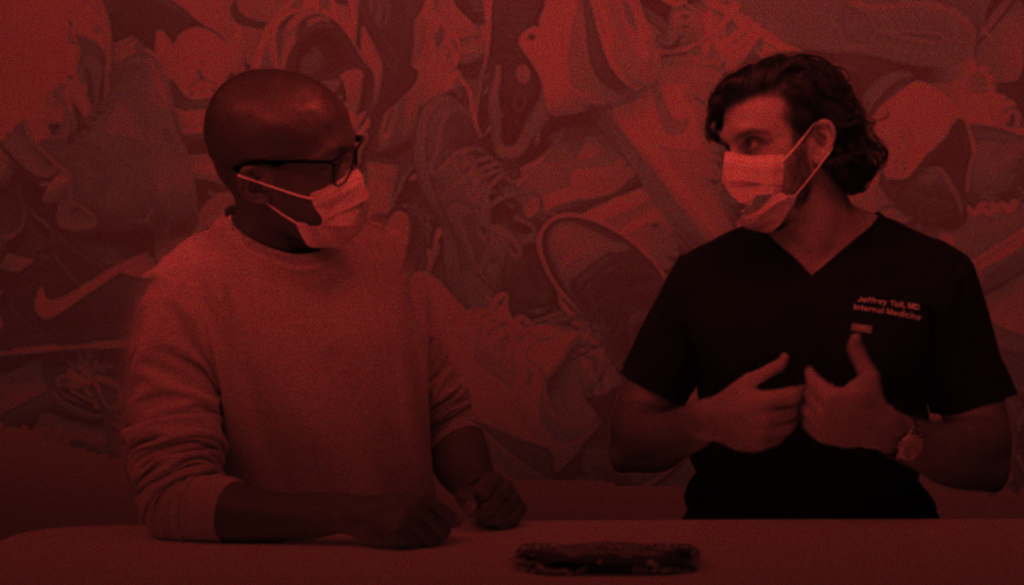Miraculously, in some corners of the internet you wouldnâ€
However, as Coronavirus spread from to the United States, the effects were even felt for our digital faves to love and hate: sneaker influencers.
“In the sneaker world, I donâ€
“As a sneaker guy, I feel like there’s a totally different audience that may not be getting the messaging that the people that are always on Twitter are getting or that the people that are always on Instagram are getting and hearing it from a different source may give it a little more relevancy,†he says.
Considering the consistent buzz of misinformation around COVID-19, itâ€
Mike “Mr. Foamer Simpson†Lytle agrees with the importance of acknowledging whatâ€
“If you’re going to be an authority in the space, I think thereâ€
While some take the route of avoiding responsibly addressing whatâ€
Los Angeles-based online personality, show host and sneaker influencer Tamara Dhia said, “I’d be lying if I said that I have been posting on Instagram and haven’t second-thought every single thing before I post it.
I hate to say it, but in the last five, six weeks, it feels a little vapid right now because there’s such bigger stakes on the table. So, for me to simply say ‘oh, you should buy this sneakerâ€
New York-based fashion business writer Alexandra Mondalek says that influencers that partner with fashion and style adjacent brands are currently met with much different challenges than in other verticals like fitness or wellness influencers. “Consumers are more critical of anyone who’s hawking products deemed unnecessary, or people who aren’t acknowledging the world around them, and brands can’t risk any backlash associated with a botched influencer marketing campaign.â€
Dhia is using the additional time spent at home to revamp her YouTube channel and share new videos. “Itâ€
In addition to ensuring they are handling the crisis responsibly from a content end, itâ€
But itâ€
“I had a really big contract on the table in the process of negotiation. The contract was given to me, it went to legal, they went through the whole process, and now, it’s just stalled,†Dhia shared. Her agent has been following up to no avail.
Seemingly, everything has kind of stalled or slowed as brands are figuring out how sustainable their businesses are in these circumstances and as things develop. “No one really understands what the hell is going on right now. Everyone’s playing it day by day, whether you’re a big brand like Nike or a smaller startup,†Dhia points out.
This has resulted in far fewer inquiries for brand partnerships across the board for Slade, Dhia and Lytle as marketing budgets shrink or are paused.
And of the partnerships that are still coming through, the biggest difference Dhia recognized is in the money. “Iâ€
Mondalek says generally macroinfluencers are great for driving brand awareness but are normally expensive. She goes on to say, “Microinfluencers, on the other hand, are pretty good at tapping into specific communities, driving high engagement and often, converting sales, making them particularly attractive if your brand has a limited budget but wants to stay active on social media.†Although there isnâ€
Much like Slade and Dhia mentioned, seeding and partnership opportunities are significantly fewer and further between for Lytle too. However, him and his brotherâ€
No matter how sneaker influencersâ€
Dhia pointed out something she read on Twitter earlier that week: “Jerry Lorenzo tweeted sometime about if we come out the other side of this unchanged that’s kind of the worst thing about it all, because how do you go through something like this and not come out changed?â€
To learn more on how Covid-19 is impacting the sneaker industry and culture, read here.
